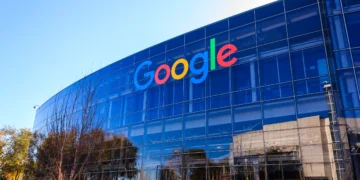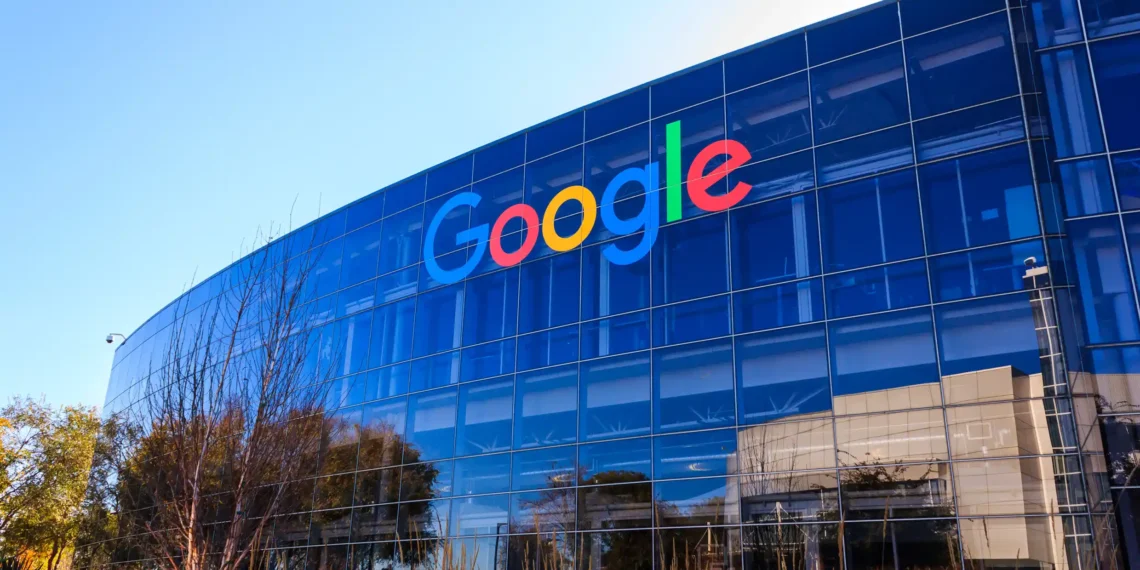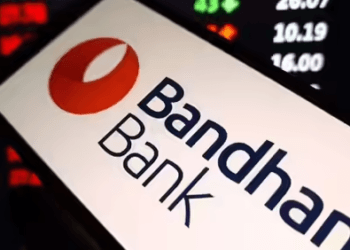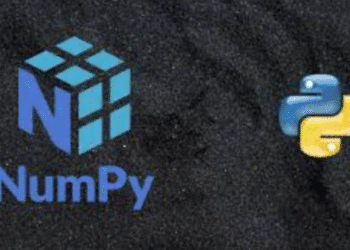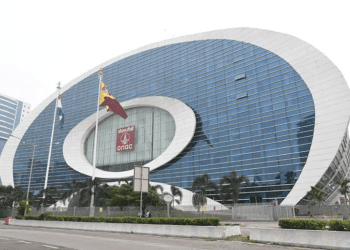Athira Sethu
Kochi, 15 October 2024
Google Chief Executive Officer Sundar Pichai said the company is prepared to carry on a long legal fight after a court made public its antitrust ruling against the company recently. Speaking in his first public comments since the submission by the Department of Justice, Pichai appeared on Bloomberg’s The David Rubenstein Show.
Pichai said, “It is going to take time for it to play out. Where we think it really harms our ability to innovate on behalf of our users, we are going to be vigorous in defending ourselves.” He disputed the ruling made by the judge and assured that Google will appeal this decision. We expected scrutiny because we’re big, and it’s fair, he said. “We are still within the middle of the remedies phase, and we will appeal. This process will most likely take many years,” he added.
Challenged on whether Google is a “monopolist,” Pichai said that despite such accusations, many competitors accept Google to be the best search engine of the world. Google will continue with its regular operations but keep close watch on the remedies phase and submit its own proposals.
In August, it was ruled by a federal judge that Google has operated an illegal monopoly in online search and advertising. The case, brought forth by the DOJ, had raised issues over Google’s dominance in the search market as well as accusations of suppressing competing search engines.
The United States District Court Judge Amit Mehta had ruled that Google was a monopolist and was limiting competition. The DOJ has offered the following sanctions for Google, including: ending the exclusive deals that Google currently has with partners such as Apple and Samsung; and limiting the company’s data-tracking activities.
The government is also considering “behavioral and structural” remedies so that Google should not be allowed to use the Chrome browser or Android phones to unfairly advantage its search engine.
For over ten years,” the DOJ said in its complaint, “Google has dominated the most widely used distribution channels, eliminating all or most incentives to compete for users.” They clarified that such a course of conduct cannot be remedied with an injunction alone; instead, it needs to ensure that Google can no longer distribute in a way that leads to future dominance.
Indeed, the legal battle will continue. Google is now in a position to prepare itself for the defense of its practice while undergoing scrutiny of business operations.
